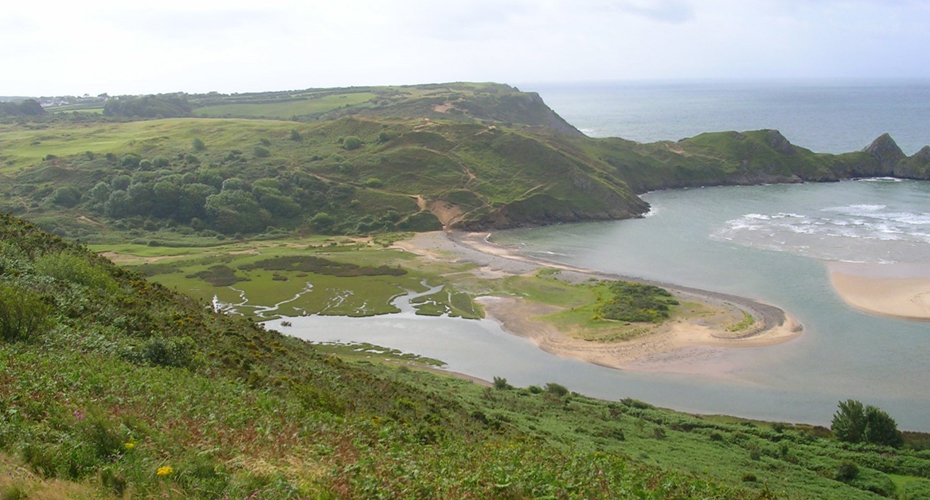Sustainable Hydrological Systems
The Sustainable Hydrological Systems Research Group based in the Geography Department at the University of Exeter, brings together a dynamic team of experts to address critical environmental challenges related to water systems. Researchers in the group combine field-based and remote sensing observations with numerical modelling to investigate earth surface processes ranging from landslides, glacier mass balance, peatlands and river dynamics. Group members collaborate with many international partners and have conducted research in every continent. The group has strong links with the UK water industry and is increasingly focused on interdisciplinary research, with funded projects including hydraulic engineering, environmental water chemistry, ecohydrology and nature-based solutions. Together, the research group is helping to advance our understanding of diverse aspects of catchment science to inform sustainable management of environmental resources.
Group members
Key research themes

This theme involves research into the past, present, and future dynamics of various aspects of the cryosphere, including ice sheet responses to climate change and implications for sea level change, and the behaviour and evolution of mountain glaciers. The research is carried out using numerical modelling, satellite and airborne remote sensing, marine geophysics and field geology.
Research spans a wide range of topics from palaeo-ice-sheet and relative sea-level reconstructions; process-based understanding of ice-sheet hydrology and its effect on ice flow, and the transition of ice and debris-covered glaciers to rock glaciers in high mountains. Current research is focused on various parts of the Greenland ice sheet, major Antarctic streams, and on glaciers in South America (Chile and Peru) and in the Himalayas.

This theme has a strong focus on understanding the processes controlling the evolution of those coastal and marine environments in which plants and animals play a critical role in sediment production and accumulation, and thus in coastal landform development. In this context we have an especially strong interest in tropical coastal and marine ecosystems, such as mangroves, coral reefs and reef-associated landforms such as reef islands. Research is carried out using a combination of geological and ecological field data collection, numerical modelling, and satellite and airborne remote sensing, and this research is underpinned by our interests in better understanding how these systems are responding to environmental and climatic change. Our research spans three main areas of interest:
- quantifying coral reef carbonate budgets as a tool for understanding budget dynamics under different natural and anthropogenic drivers of change;
- quantifying rates of marine and reef-derived carbonate sediment production and sediment supply to reefs islands and shorelines;
- understanding the bio-morphodynamics of vegetated coasts – especially with a view to modelling the impacts of sea level rise and anthropogenic pressures on mangrove forests and their ecosystem services.
Key areas of current research focus are in the central American region, South America, Western Caribbean, the central Indian Ocean, and the Coral Triangle regions.
This theme uses a range of palaeoenvironmental, field monitoring (including using innovative sensors), remote sensing and, 2D and 3D numerical modelling techniques to investigate processes of sediment production, transfer and deposition from mountainous regions (source) to the coast (sink) over modern to geological timescales.
We have research clusters in:
- landslides and related hazards and landscape evolution in mountainous regions, and
- large river dynamics and long term evolution of large lowland floodplains, deltas and whole river basins.
We aim to both further understanding of earth surface processes and hazards and produce impactful research to enhance resilience to natural hazards. To that end, much of our research is based in developing countries where populations are particularly vulnerable to a range of hazards including landslides and flooding such as those in SE Asia. Other areas of research focus are N America and the European Alps.

